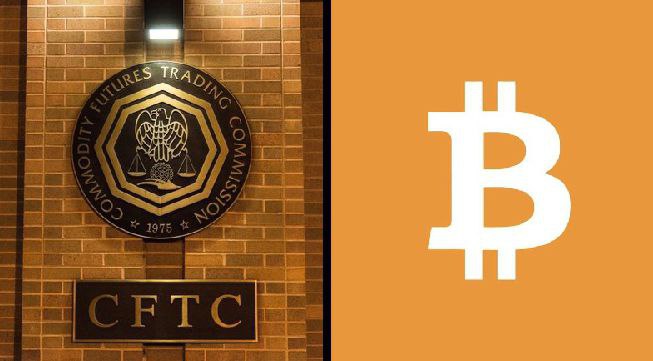Published by CentBit.Online – Crypto & Blockchain Expert, Bangladesh
In a dramatic escalation of the ongoing conflict between Iran and Israel, Iranian forces have reportedly launched a ballistic missile that struck the Tel Aviv Stock Exchange (TASE) building, causing significant damage and sending shockwaves through global financial markets.
Initial reports confirm that the attack took place early Thursday morning, targeting key economic infrastructure in central Tel Aviv. While Israeli defense systems intercepted several projectiles, at least one missile successfully hit the TASE building, prompting emergency evacuations and temporary market closure.
A Strike at the Heart of Israel’s Economy
The Tel Aviv Stock Exchange is Israel’s financial nerve center, hosting listings for major companies and banks. The targeted attack is being interpreted as a direct hit on Israel’s economic stability rather than a purely military operation.
Israeli authorities have not yet disclosed casualty figures, but sources suggest injuries have occurred, and several surrounding office towers sustained damage.
Global Markets React: Panic & Volatility
The missile strike triggered immediate global financial reactions:
-
Middle East stock markets dropped sharply
-
Oil prices surged over 6%, crossing $93 per barrel
-
Gold and U.S. Treasuries jumped as investors fled to safe-haven assets
-
Bitcoin fell below $102,500, as the crypto market turned risk-off amid global panic
“When missiles hit a stock exchange, it’s not just war—it’s a declaration of financial warfare,” said [Insert Analyst Name], geopolitical strategist at CentBit.Online. “The market is responding as expected—with fear and flight to safety.”
Crypto Caught in the Crossfire
While traditionally considered a hedge, Bitcoin and altcoins saw sell-offs as traders liquidated risk assets in favor of cash and stablecoins. Over $250 million in leveraged crypto positions were liquidated within the first hour of the news.
“This is not a crypto-specific issue—this is macro volatility at its peak,” noted [Insert Name], lead crypto analyst at CentBit.Online. “Markets hate uncertainty, and this conflict has opened the door to something much larger than a regional dispute.”
Bangladesh and Global Ripple Effects
Though far from the battlefield, Bangladesh could feel indirect effects from this crisis—especially in the form of:
-
Rising energy prices impacting domestic fuel costs
-
Volatility in remittance channels due to regional financial instability
-
Possible delays in global tech and supply chain flows
As crypto remains a decentralized and global asset class, any major conflict can spill into emerging markets through economic disruptions, capital flow volatility, and investor sentiment shifts.
Conclusion
The Iranian missile strike on the Tel Aviv Stock Exchange represents a chilling escalation in modern hybrid warfare—where economic targets become military ones. For crypto markets and investors worldwide, it serves as a reminder that geopolitical stability is deeply intertwined with financial security.
For urgent updates on crypto market movements, geopolitical risks, and their effects on Bangladesh’s economy and digital future, follow CentBit.Online – your trusted source for crypto and blockchain intelligence.






6dl6hy